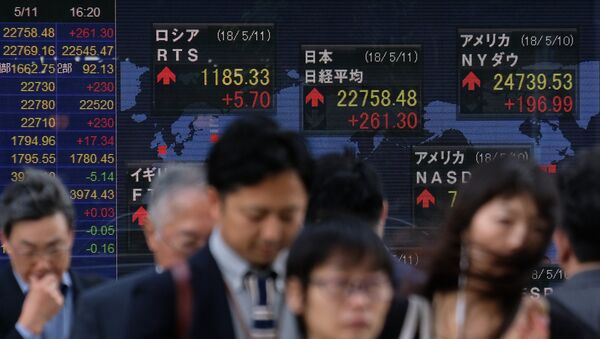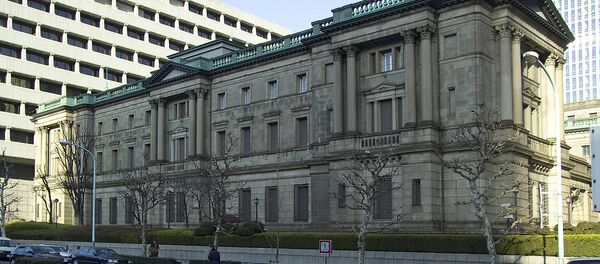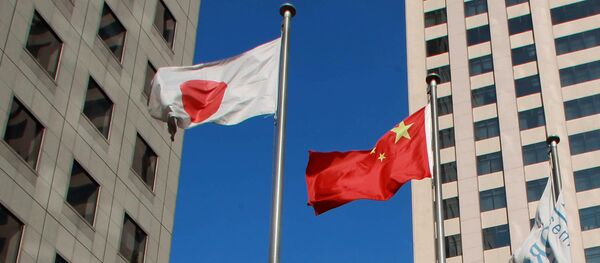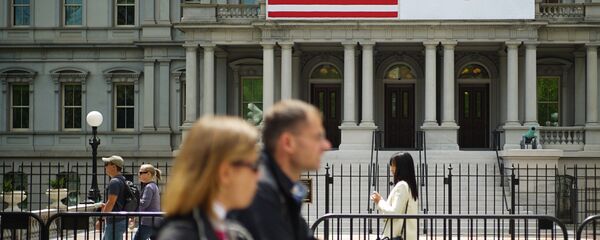Kristian Rouz — The Japanese economy is likely to make a quick recovery for last quarter's negative growth in the current quarter due to its solid foreign trade figures last month. Japan's rising exports in cars and semiconductor factory equipment are meeting a solid demand overseas, suggesting a sustained trend for the rest of the year.
The volumes of Japan's foreign trade — a separate measure, which takes into account the changes in the national currency's FX rate — Japanese exports increased by 4.6 percent last month, compared to a meager 1.8-percent gain in March.
"Overseas economies are in a growth phase, so Japan's exports will continue to do well," Hiroshi Miyazaki of Mitsubishi UFJ Morgan Stanley Securities said. "The US government may turn its attention to Japan's trade surplus, but there are steps Japan can take, especially given the close defense relationship between the two countries."
The mainstays of Japan's exports to the US were motor vehicles and construction machinery.
This comes despite the Japanese government had informed the World Trade Organization (WTO) that it would impose tariffs on $448 million worth of American goods in yearly trade volumes — in response to the Trump administration's tariffs on Japanese steel and aluminum products.
These measures will come into effect unless Tokyo can negotiate exemptions from the US tariffs, which is still a possibility.
READ MORE: China Sends Clear Message to Bellicose US by Warming Ties With Japan
Japan's exports have increased not least due to its national currency, the yen's, weak FX rate, currently at some 111 yen per $1.
Additionally, Japan's exports to mainland China gained 10.9 percent, with some analysts having noted Tokyo's love-hate relationship with Beijing as being in the "love again" phase — at least for now. Some say if a trade war between the US and China becomes a reality — as the two nations have still failed to negotiate a $200-billion reduction in the US trade deficit — Japan could become a major trans-shipping destination.
This means some Chinese goods could go to the US through Japan, and vice versa, thus avoiding the prohibitive tariffs, which could be imposed by both sides.
US President Donald Trump has urged Japan to purchase more American goods, including military equipment, high-tech machinery, and other goods, as well as American cars. This could be a feasible bargaining chip for the US in case Japan seeks exemptions from US industrial metals tariffs.
For the time being, Japan is still dealing with the looming US tariffs despite the close political ties between Washington and Tokyo.
READ MORE: China, Japan, S Korea Ministers Warn Against Protectionism in Int'l Trade
These developments suggest Japan will likely rebind in the current quarter from the contraction in Q1, whilst the nation's economic growth remains on a sustainable path despite the mounting trade woes.






